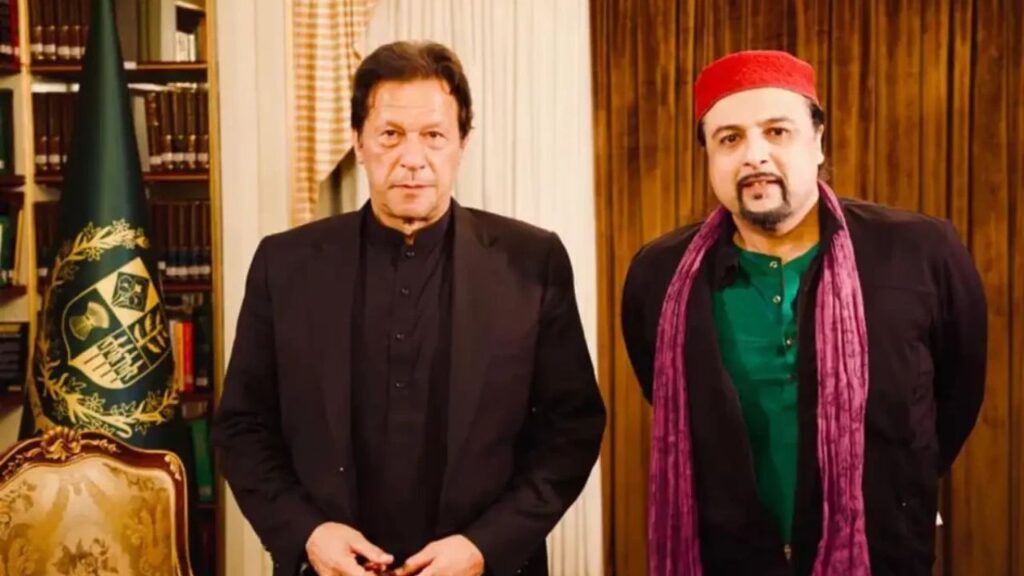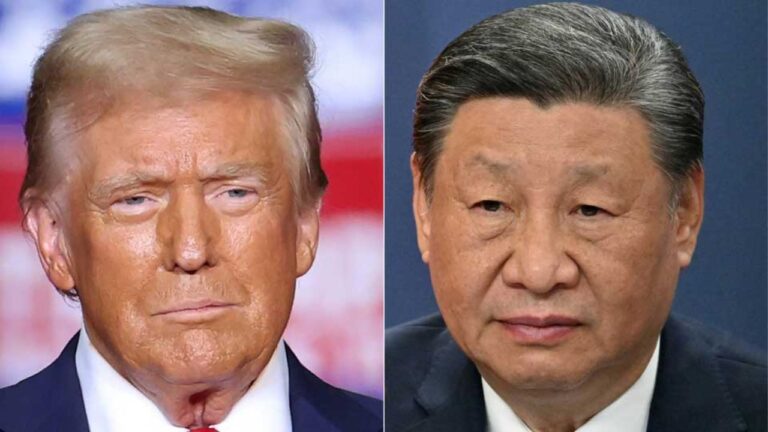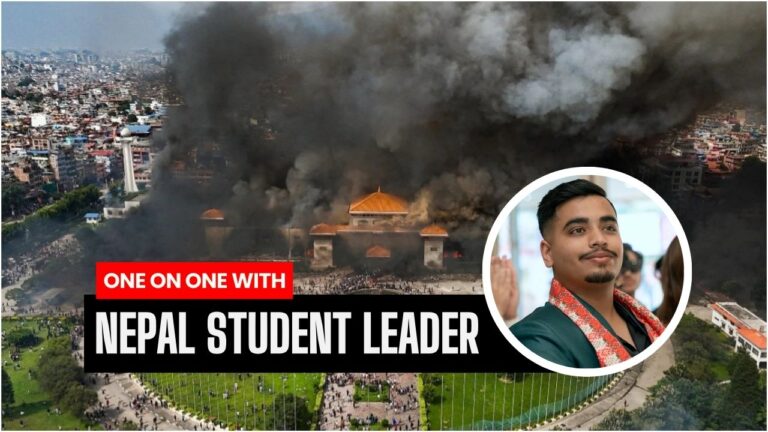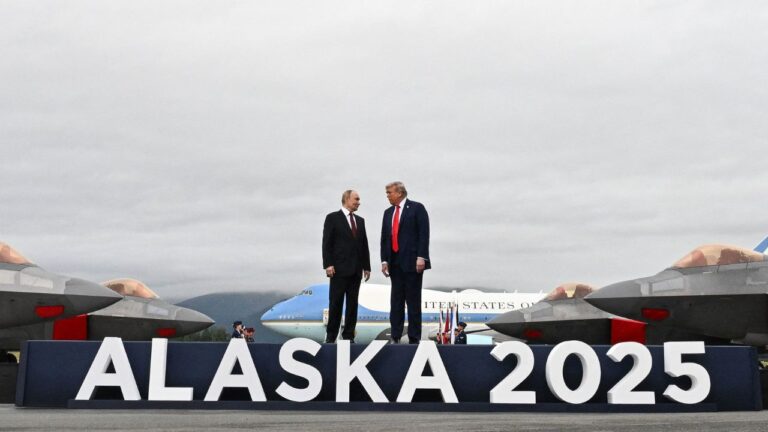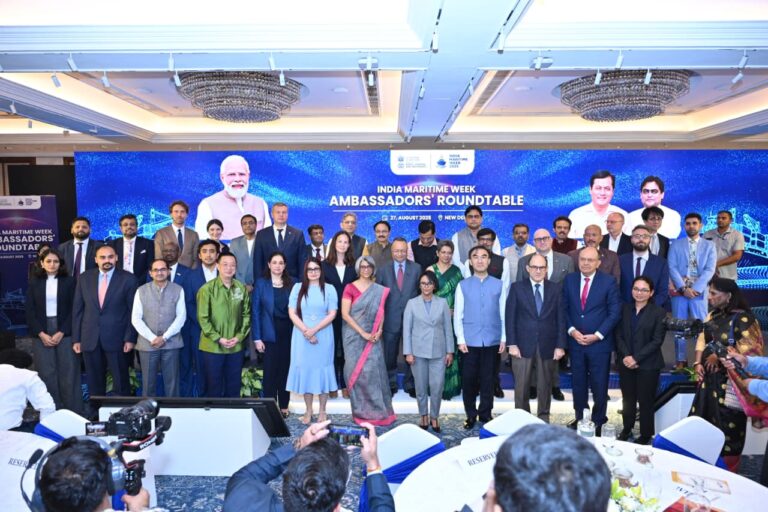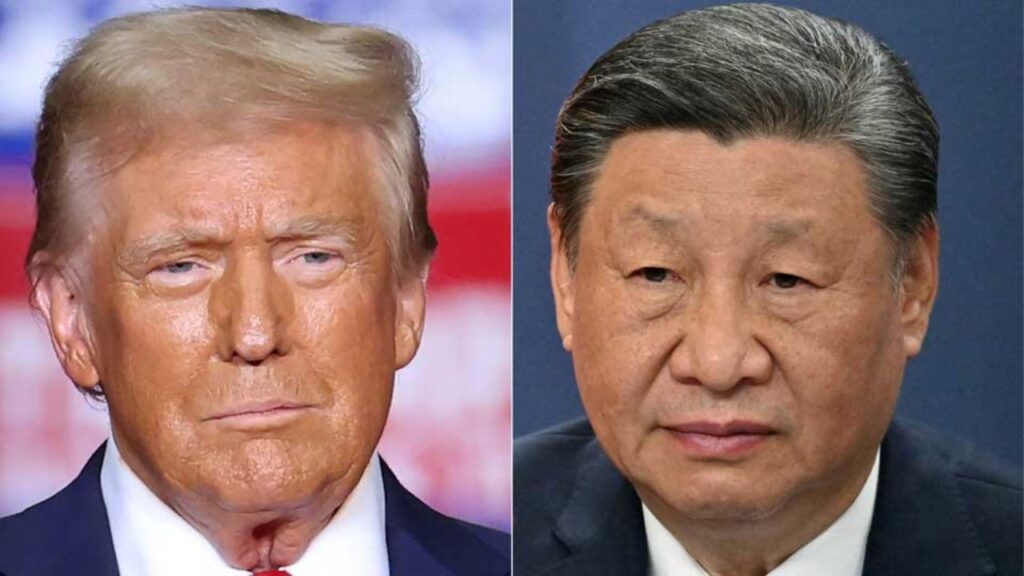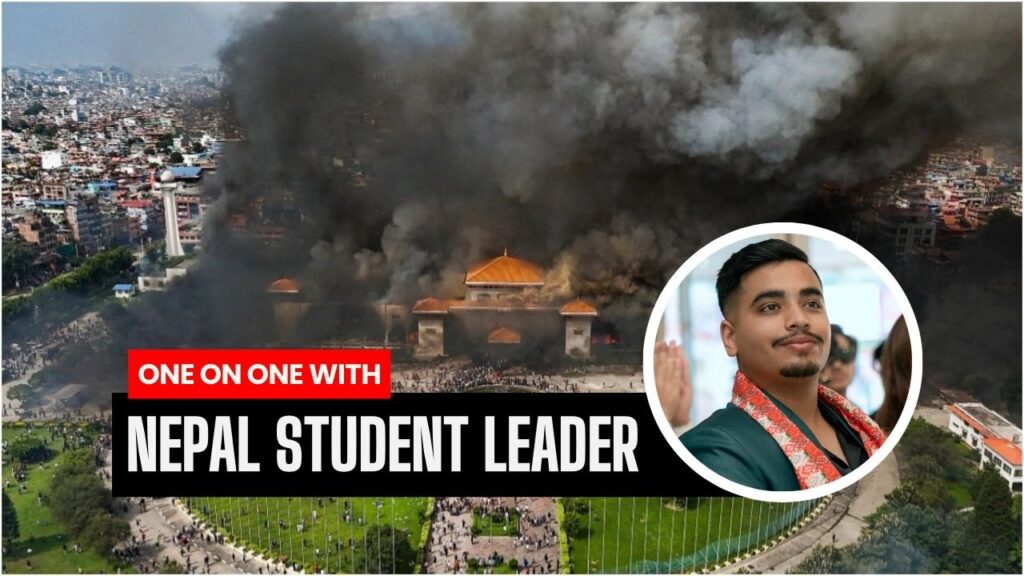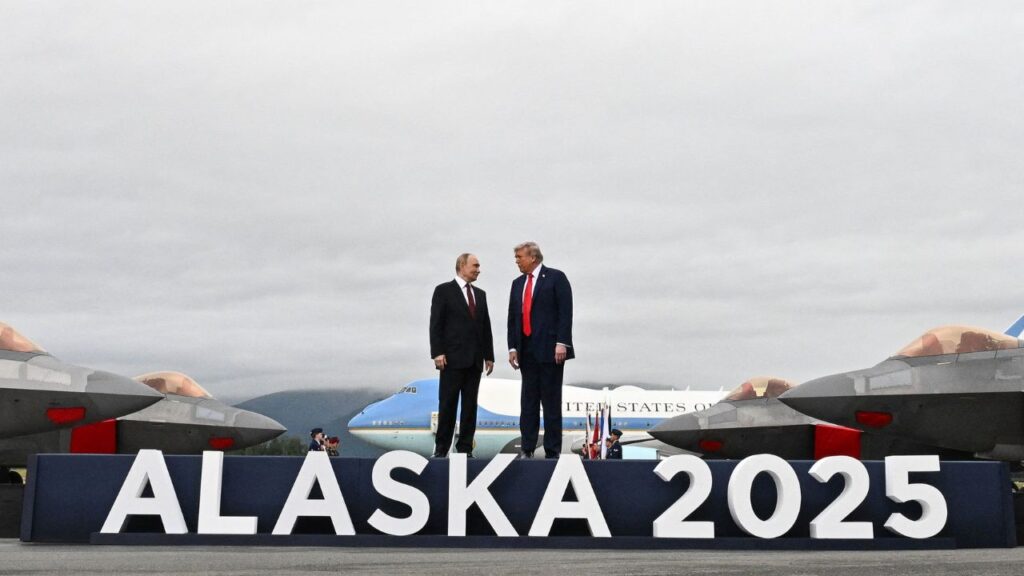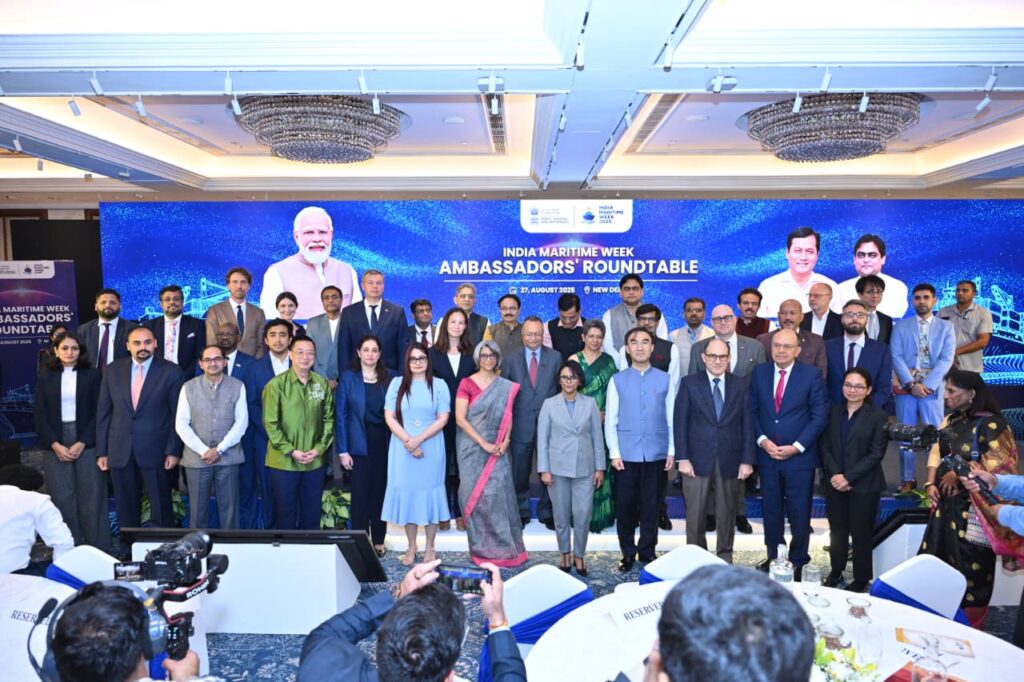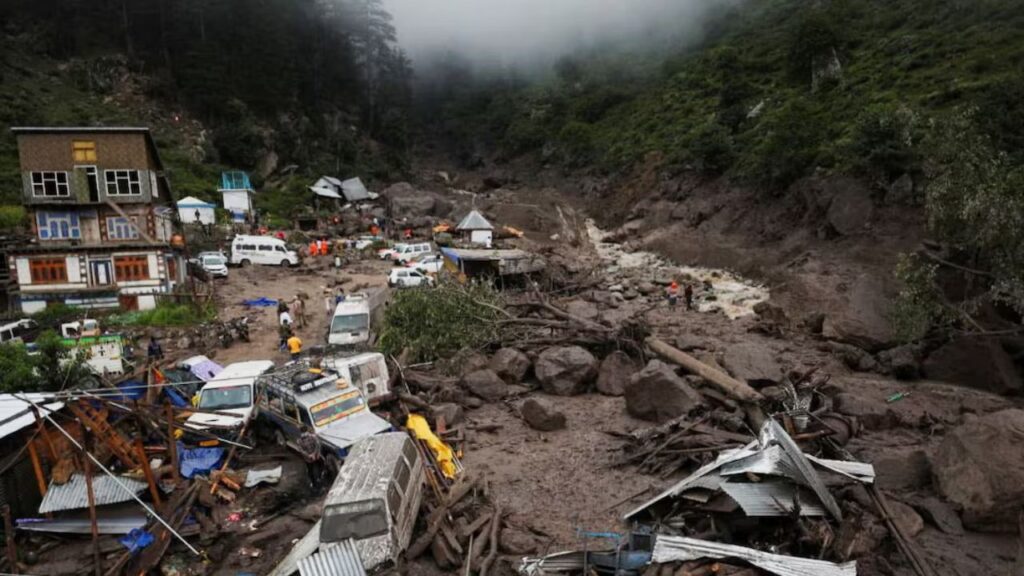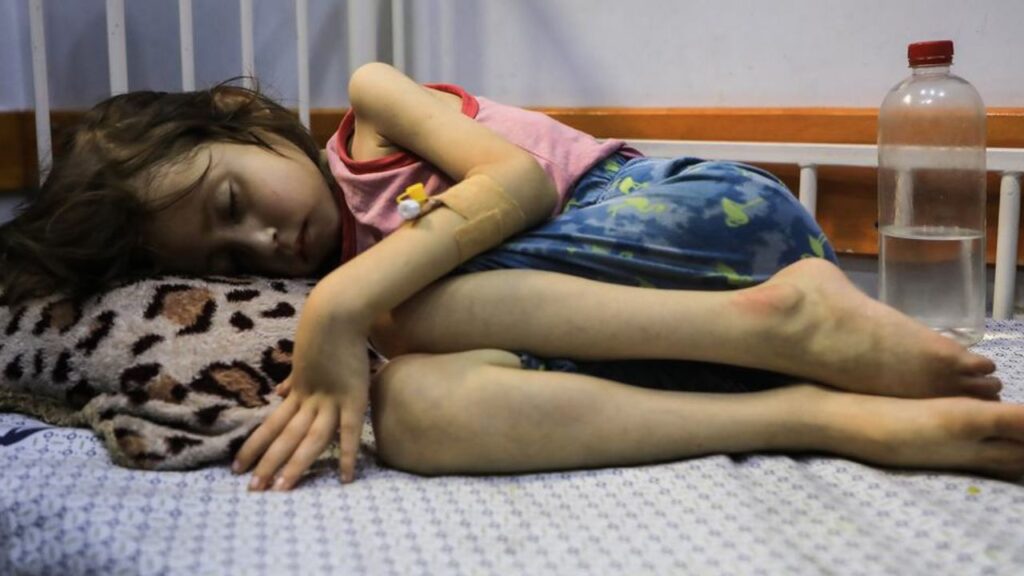The solitary confinement of former Prime Minister Imran Khan has become a stark symbol of the deepening crisis in Pakistan’s democracy. Confined for up to 22–23 hours a day in a death cell, denied regular access to family, legal counsel, and even basic human rights, Khan’s treatment represents not only a personal tragedy but a chilling indictment of the current state of the nation’s institutions.
Khan’s own words, relayed through rare and heavily restricted meetings with his sisters and lawyers, paint a picture of a country where martial law is “effectively imposed,” the rule of law has collapsed, and the judiciary is “hijacked and threatened”. He argues that the 26th Constitutional Amendment has “shredded the moral fabric of the country,” with assemblies filled by “stolen votes,” silencing the will of the people.
Pakistan’s media, too, is “completely shut down,” unable to report on injustice or inflation, leaving the pillars of democracy—judiciary, parliament, media, and the people’s voice—buried beneath authoritarian control.
His sister, Aleema Khan, described the isolation as a deliberate attempt to “minus” Imran Khan from the political equation, with the state “drifting toward martial law” and the nation being “enslaved” by a system that now resembles a “monarchy” more than a republic. She revealed that in the last week, Khan was allowed only 15 minutes with his sisters and a mere 90 seconds with his lawyer, a level of isolation unprecedented even for convicted criminals.
“If votes are stolen and their value is denied, if the judiciary is turned into a government department and judges are humiliated, then the rule of law no longer exists,” she quoted Imran as saying.
This is not just a political dispute—it is a human rights crisis. International standards and even Pakistan’s own laws guarantee prisoners the right to meet family and legal counsel. Yet, court orders permitting such visits are being openly defied, and Khan’s basic rights are systematically denied. His family and supporters compare his treatment unfavorably to that of foreign prisoners and convicted terrorists, arguing that the aim is not justice but humiliation and psychological destruction.
Despite this, Khan’s resolve appears unbroken. He has called for a nationwide protest movement after the 10th of Muharram, urging Pakistanis to reject what he calls a “system of slavery” and to resist the normalization of authoritarianism. He has praised the resistance in the Punjab Assembly and suggested the formation of a parallel assembly to delegitimize what he terms “fraud assemblies”.
The message is clear: Pakistan stands at a crossroads. The ongoing isolation of Imran Khan is not just about the fate of one leader or one party—it is about the future of democracy, the rule of law, and the basic freedoms of every citizen. If the nation accepts this treatment of its former elected leader, it risks accepting a future where no one is free, and every dissenting voice can be silenced.
Imran Khan’s brutal solitary confinement is a test for Pakistan’s conscience and its institutions. The world is watching. Will the country reclaim its democratic ideals, or will it continue down a path where, as Khan warns, “what remains is not a state, but a gang of looters running the show”? The answer may well determine the nation’s destiny for years to come.
Dr. Salman Ahmad is a Pakistani-American physician, artist, author, UN Goodwill Ambassador, and human rights defender.
Disclaimer: The views and opinions expressed in this piece are those of the author and do not necessarily reflect the views of the editorial board or the organization.

